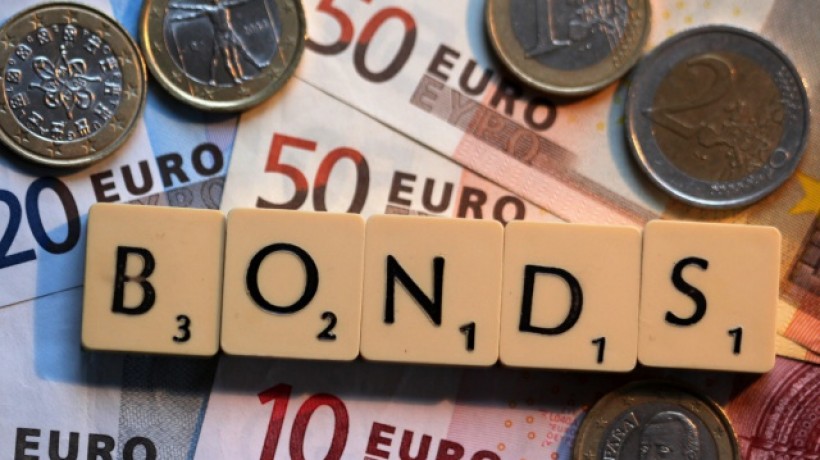The ability to manage money. It is time to buy Eurobonds on the Moscow Exchange
2015 was marked by active regulatory activities of the Central Bank in relation to credit institutions: about 100 banks were deprived of their license. 2016 supports this trend, and at the moment 75 banks have become “deprived”.
In the current situation, financially literate people begin to explore alternative methods of preserving and increasing their own capital.
Where to invest money: in a bank at a safe bet or turn to new opportunities offered by the financial market? Investing in bonds can be a good alternative or addition to savings in bank deposits.
According to the results of the implementation of the program for the development of the financial market of the Russian Federation for 2016–2018, the share of fixed-income instruments in the Russian borrowing market should increase from the current 15% to 20%.

What are Eurobonds?
This is one of the types of debt securities denominated in foreign currency (most often in US dollars) that are freely bought and sold on the international financial market. As a rule, the issuers (borrowers) of Eurobonds are states, banks and large companies.
What are the similarities with bank deposits? When you open a deposit, you transfer your money to the bank to carry out financial transactions, at the expense of which you receive a fixed income. A bond is essentially the paper that certifies the loan relationship. Based on this debt paper, you can request that you repay the debt and pay you interest. In addition, bonds can be sold to another investor and get income at the moment, without losing the accumulated interest.
Why is it profitable?
Eurobonds are denominated in foreign currency. Therefore, this type of investment is suitable for those who wish to receive income in US dollars or euros. This is a significant plus of dollar deposits, which on average can bring no more than about 2% per annum. Buying a Eurobond, you finance the largest issuers directly, bypassing middlemen in the form of banking structures.
How it works?
The investor receives two types of income from the purchase of Eurobonds:
1) Passive income - coupons paid by the issuer of Eurobonds. Coupon income is accrued daily and is paid from most Eurobonds every six months.
2) Active income - the income that an investor can receive on the difference of the price of Eurobonds upon purchase and subsequent resale.
In other words, by purchasing a Eurobond, the client receives a return on investment, taking into account the Eurobond coupon. For example, you purchase a bond at a nominal value of 1000 USD with a coupon yield of 7%. Thus, you provide yourself with a stable income in the amount of 70 USD per year for each Eurobond, which is calculated daily until the date of redemption of the Eurobonds.
What risks may I face?
Credit risk is the risk that the issuer does not fulfill its obligations on Eurobonds. However, the issuers of Eurobonds are only the largest companies with a stable market position, which minimizes the risks.
Market risk - the risk of changes in the market value of Eurobonds. It can be realized only if it is necessary to resell the Eurobonds by the investor before the maturity date. If the investor has purchased a Eurobond and does not plan to sell it until maturity, the issuer must repurchase it at face value at the date of maturity of the bond.
Where can I find out more about Eurobonds?
On October 12, 2016, the Conference will be held "Eurobonds as an alternative to a bank deposit" , organized by OAO IT Investment IC with the support of the Moscow Exchange.
Participation is free. To register, follow the link .
')
Source: https://habr.com/ru/post/398191/
All Articles